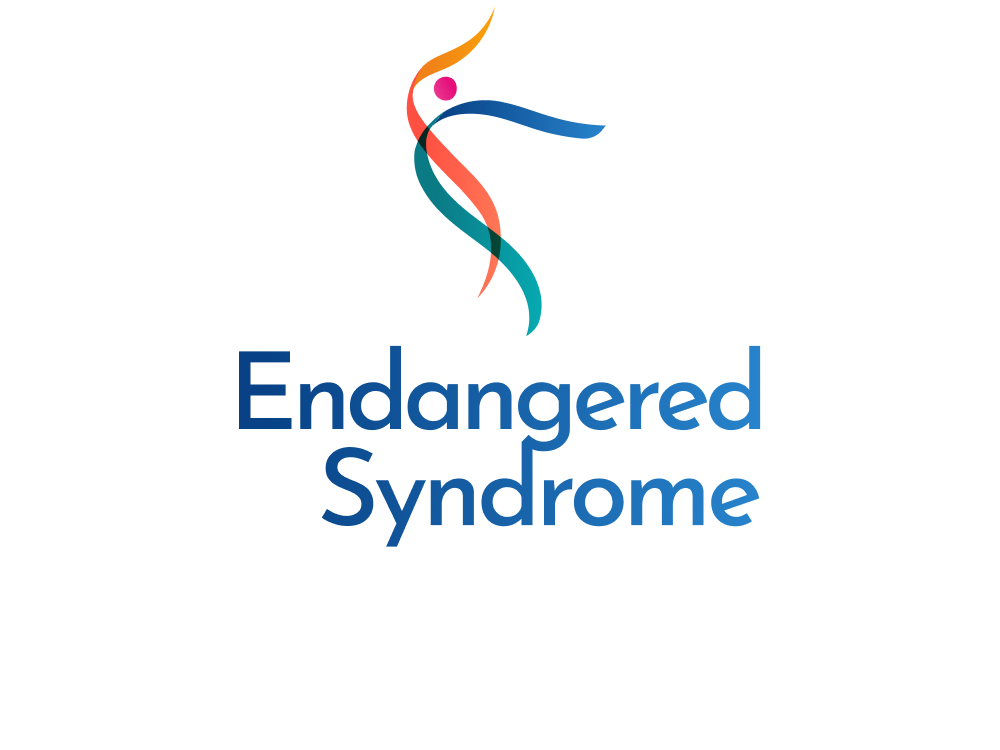There are three main types of of prenatal screening tests that have contributed to the concerns about the decreasing prevalence of Down Syndrome in certain populations, specifically non-invasive prenatal testing (NIPT) and diagnostic tests such as chorionic villus sampling (CVS) and amniocentesis. These tests can detect the presence of Down Syndrome or other chromosomal abnormalities in a developing fetus during pregnancy.
What is the Non-invasive Prenatal testing (NIPT) used in Down Syndrome screening?
Non-invasive prenatal testing (NIPT) is a screening test that analyzes cell-free fetal DNA (cffDNA) in the maternal blood. It can provide high detection rates for Down Syndrome and other common chromosomal conditions with a low false-positive rate. NIPT is typically offered to pregnant women with an increased risk of having a baby with a chromosomal abnormality.
What is Chorionic Villus Sampling (CVS) testing used in Down Syndrome screening?
Chorionic villus sampling (CVS) is a diagnostic test performed early in pregnancy (around 10-12 weeks) that involves taking a small sample of cells from the placenta (chorionic villi) for genetic analysis. It can provide a definitive diagnosis of Down Syndrome and other chromosomal abnormalities.
What is Amniocentesis testing used in Down Syndrome screening?
Amniocentesis is another diagnostic test that involves the extraction of a small amount of amniotic fluid from the uterus, usually performed around 15-20 weeks of pregnancy. The extracted fluid contains fetal cells and can be analyzed for chromosomal abnormalities like Down syndrome.
What is the impact of these prenatal tests on Down Syndrome?
These tests, particularly NIPT, have become more widely available and accurate in recent years, leading to increased prenatal detection of Down syndrome. The concern is that the availability of these tests and the option for selective termination of affected pregnancies may contribute to a decrease in the number of individuals with Down syndrome in certain populations.
Why a prenatal diagnosis of Down Syndrome is sometimes sought?
It’s important to note that the decision to undergo prenatal testing and any subsequent actions following a positive result are personal choices made by individuals and families based on their unique circumstances and beliefs. There are ongoing discussions and debates surrounding the ethical implications of these tests and the potential impact on the Down Syndrome community.

